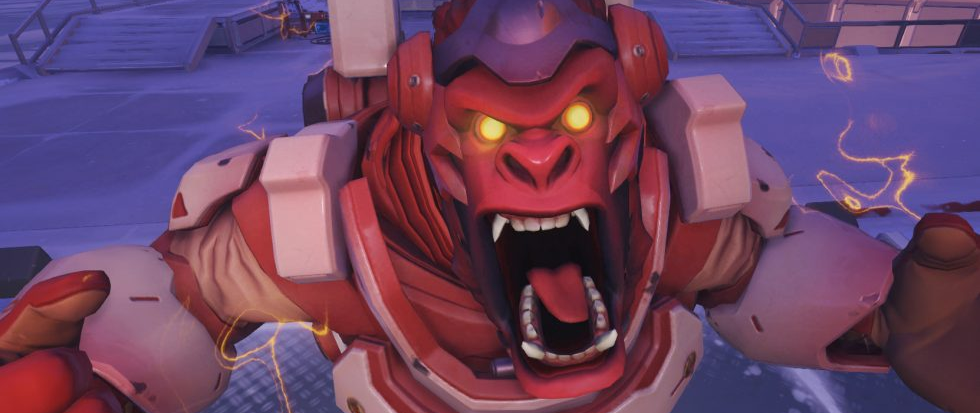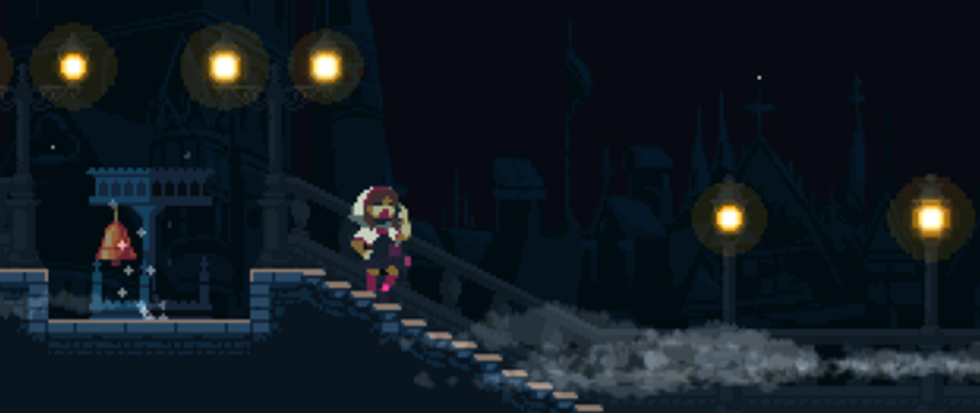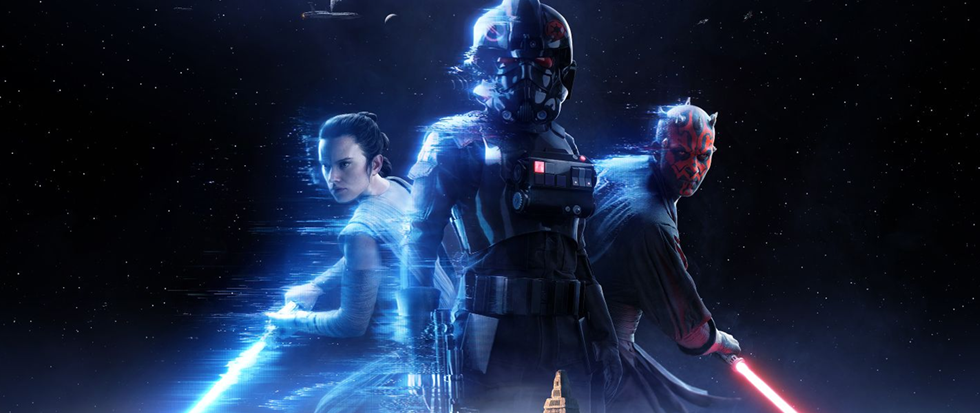
Deathmatch: The Definition of Frustration
Street Fighter II’s Blanka was my first slice of cheese. While I was working hard to suss out the fireball dance, most other kids were happy to to hammer a single button and watch their fuzzball of electricity flash away. It was seemingly impenetrable, and had me bawling to my mom about how angry I was. She stopped typing for a moment to explain that it was more than anger I was feeling, that it was “frustration,” to be defeated in an endeavor, to be made ineffectual, to be brought to nothing. This is my first memory of directly learning a word, one that become particularly applicable for much of my young gaming life.
Before Blanka it was Jaquio at the end of Ninja Gaiden, the parabolic flying Medusa heads winding through most every Castlevania, or the entirety of Contra. But these bastards could be memorized, tamed, negotiated with after a bit of time, which is all most of us had to spend as a kid. It wasn’t long before second controllers entered the picture, and thus, a new direction with which to beam my frustration: the friends I would challenge to Mario Kart, Smash Bros., Turok 2, and finally, Halo 2. This was the first real online game I played, near the end of my undergrad experience, living with my best high school bud.
Abe got a later start on college thanks to a few years in the Navy, so I was wrapping up school as he was starting it. We’d played plenty of games before he left, escalating our insults and occasionally breaking out into fisticuffs with which Abe always had the upper hand. When Halo 2 dropped, something flipped—maybe it was our age or the time we’d spent apart, morphing into strangers, warped mirrors of our former lives, but there was a nastier tinge in my jokes and Abe’s jabs became less playful. There were never any bruises, and maybe only a couple burns that required sincere apology, but the frustration between each of us, and moreso the strangers online, was more palpable than it had ever been before.
These online kids (they’re always kids), they tapped into that inexhaustible resource of a youth’s time that I no longer had access to, and they worked it hard. Omnisciently coordinated with frictionless reflexes, possessing a molecular understanding of the map, teleporting through the shadows: It was enough to cause a legally grown man to twist a controller apart, which I’m pretty sure I still owe Abe some money for. This was the feeling of frustration mutated beyond recognition, a Cronenbergian nightmare of blinding emotion that, contrary to everything Dragon Ball Z taught me, was not a source of strength. The angrier I got, the harder I was bodied. That’s probably why it sucked so much, that I could be outplayed into playing myself, rushing in, screaming “fuck it!” as loud as I could, giving up control.
After leaving home I wasn’t much for online games, and it had been a long time before I sent spittle flying at a screen in rage. I thought I had found peace, the self-knowledge necessary to walk away from any title that spun my heart like a roundabout. And then Overwatch dropped their Deathmatch modes.
Until then, Overwatch didn’t really faze me. I tried my best, did what I was told by my more experienced friends, and didn’t have my rank memorized. Salt didn’t keep me up at night, and I was often the one talking down another friend who often couldn’t help but engage in a poisonous and pointless mid- or post-game chat. Some muttering, but never any accusations bandied about, no fully-automatic insults. But Deathmatch mode, a more classic person-versus-person first player shooter experience, sent me back in time faster than a call to action from Doc Brown.
Complete bedlam, couched with non-communication on my end against a seemingly well-oiled tactical squad, had me apoplectic. I didn’t descend to Swedish Youtube Star levels of filth, and never barked out anything into a public voice-chat, but I dropping curses left and right like an Aesopian witch and close to punching my desk on more than one occasion. To willingly subject myself to a near-total domination, forced to reckon with my own failures while these enemy ghosts would straight Jason me from every angle except the one I was pointed at, was a return to such a raw primal feeling so as to leave me stunned.
I consume a fair amount of post-apocalyptic media, counting Children of Men among my favorite films. It’s fascinating to consider how quickly mankind can slip into chaos, shredding the social contract on a whim, plunging ourselves into the hot chemical rage that is the foundation of so much of our self-misery. It’s hard to exist in this political climate or to pay a sliver of attention to the current tungsten-melting temperature of “mainstream gaming culture” and not despair over how close we are to the edge of annihilating humanity at large, even if statistics, history, and social science often argue otherwise. But at the same time I feel my teeth grinding to the root because the other guy uses the cartoon gorilla I’m put to ash way faster than I ever seem to be capable of dishing out. Logic evaporates so easily, as frustration fills every last air-sac in my lungs.
These are just games, and I’m being a little dramatic. But it’s worth considering what we allow the media we enjoy to wring out of us—the catharsis of great pathos or joy from a safe distance. This isn’t another tattered case for games as art or a defense of moronic decisions made under a gamified heat lamp, rather, it’s a self-assessment: I thought I had my shit together, having waded through thirty percent of my life now more or less successfully. Yet I can still be pitched back to the wastes of youth, bellowing about great pain from minor stings. If nothing else, I’ve learned to leave the mic off, to mute the chat, and to shut the whole thing down before smashing another controller, with only my frustrated self to blame. There’s a hope in that, maybe.





